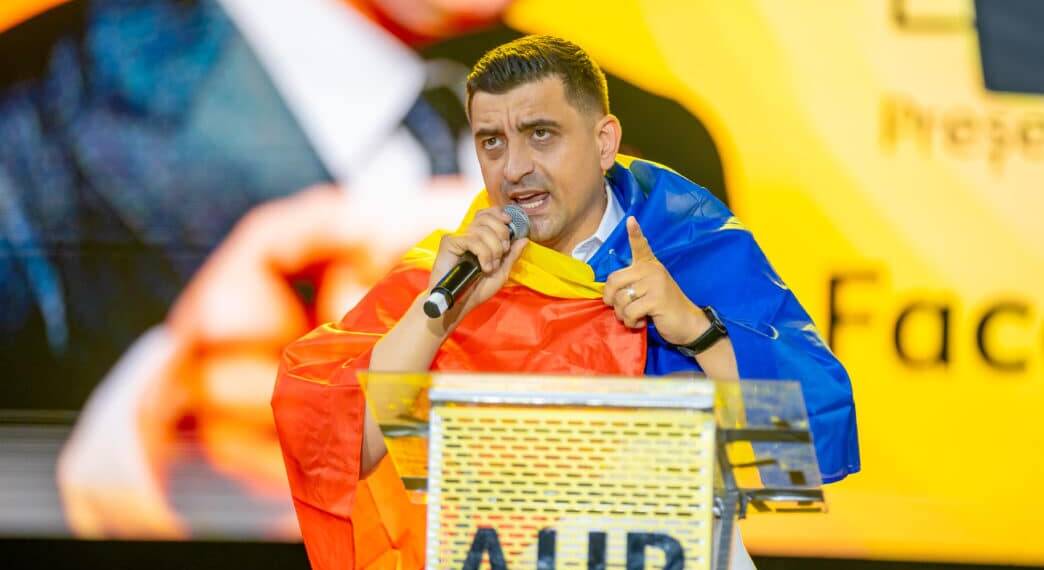In the wake of Romania’s contentious 2025 presidential election, George Simion, leader of the nationalist Alliance for the Union of Romanians (AUR), has called for the annulment of the results, accusing foreign actors—specifically the European Union and France—of meddling in the country’s democratic process.
Simion, who came in second with 46.4% of the vote, insisted that “no one has the right to meddle in another nation’s elections,” and claimed that Romania’s sovereignty was compromised by outside influence. Despite the Romanian Constitutional Court unanimously rejecting his challenge for lack of evidence, Simion is pressing forward with efforts to prove foreign involvement.
Accusations on EU and France
Simion and AUR allege that the EU and France influenced the outcome by supporting pro-European candidates through financial channels, NGO involvement, and diplomatic statements. According to Simion, “The European Union does not get to choose Romania’s president. Romanians do.”
He pointed to praise for now-president-elect Nicușor Dan by French diplomats and European Commission officials as indirect campaigning, arguing this shaped public perception and pressured voters away from nationalist alternatives.
Turning to Telegram
In a recent statement, Simion revealed that he is asking Romanian citizens to come forward with information via Telegram, specifically seeking screenshots, messages, or other digital evidence that could indicate France’s interference in the election process. He urged supporters to submit anything suggesting coordination between foreign actors and Romanian institutions or NGOs.
“We know much of this happened in the shadows,” Simion said, “but with the help of the Romanian people, we will uncover how foreign influence tried to hijack our democracy.”
Telegram has become a favored communication channel among AUR supporters and broader nationalist groups, due to its perceived resistance to censorship and surveillance.
Meanwhile Telegram founder Pavel Durov, who has claimed French intelligence tried to pressure him into censoring conservative Romanian channels ahead of Sunday’s vote, reposted Simion’s message, saying he is “ready to come and testify if it helps Romanian democracy.”
Official Reactions
The French Embassy in Bucharest has not responded to Simion’s accusations. The European Commission maintains that Romania’s elections were fair and free, with international observers confirming no irregularities or interference.
Nonetheless, Simion’s claims resonate with segments of the electorate concerned about national sovereignty and skeptical of Brussels’ role in Eastern Europe. While critics dismiss his allegations as political theater, others say they reflect deeper unease about foreign influence in domestic affairs.
Though the court has upheld the results, Simion continues to rally support and promises to escalate his investigation. He has called for mass protests and claims that “a shadow network” tried to control Romania’s future.
Whether these claims lead to actionable evidence remains unclear. However, the controversy has once again raised questions about the role of foreign influence in European elections, and how democracies can balance international relations with internal sovereignty.








